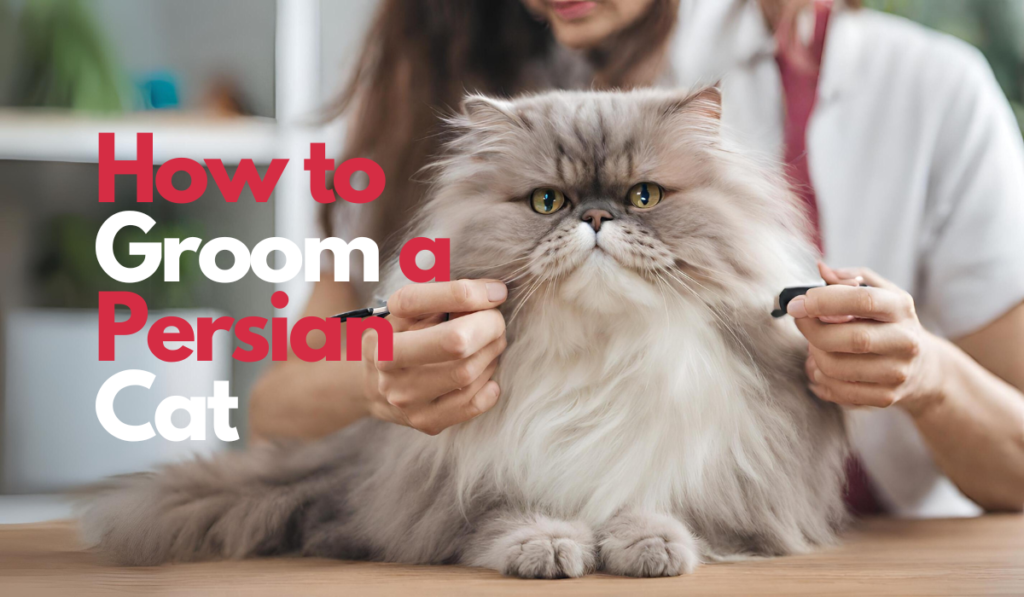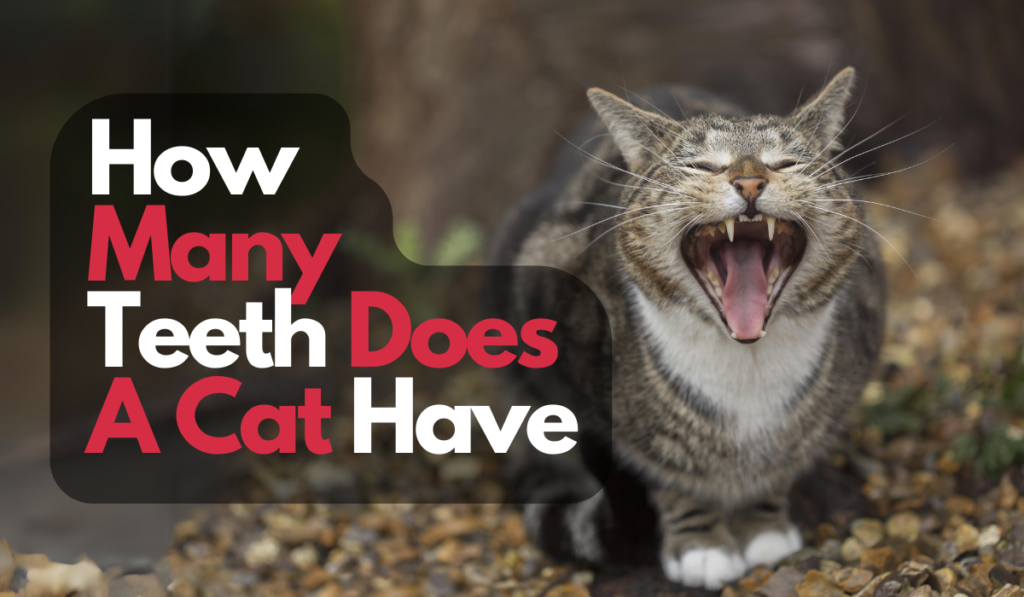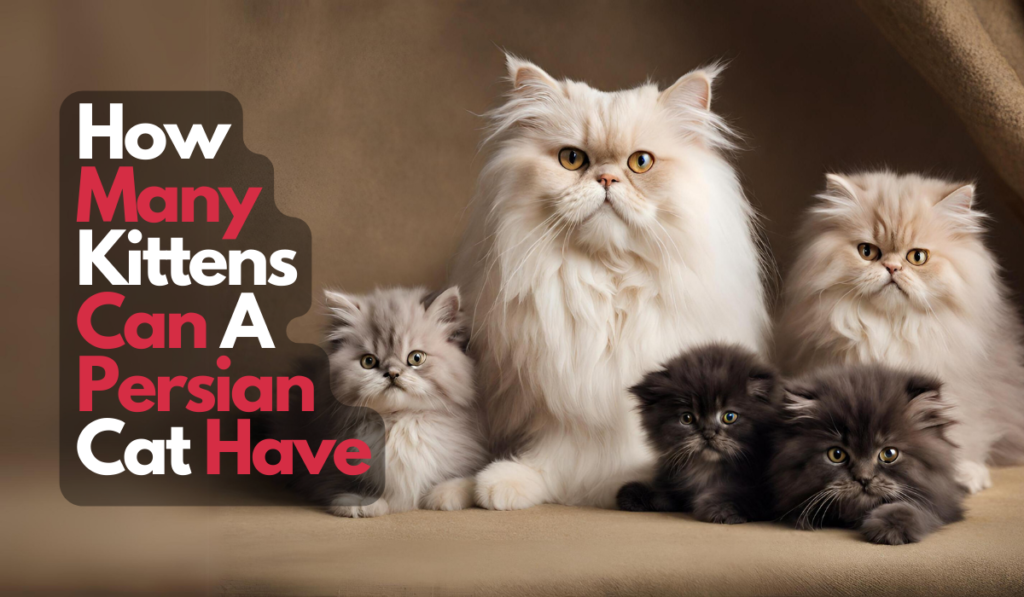If you are a cat lover or a cat parent in India, you might have wondered if you can share some of your favourite foods with your feline friend. One such food is coconut, widely available and consumed in India. Coconut is known for its many health benefits, but is it also safe and beneficial for cats? In this article, we will explore “Can Cats Eat Coconut? Is coconut an excellent addition to a cat’s diet? And how to feed it to your cat safely and responsibly.
Nutritional Benefits:
Coconut is a rich source of various nutrients that can benefit humans and cats. Some of the potential nutritional benefits of coconut for cats are:
- MCFAs: While some studies suggest potential benefits of MCFAs for cats, there’s currently limited scientific evidence on their impact on energy, immunity, skin, and coat health in felines. More research is needed for conclusive claims.
- Lauric acid: It has antimicrobial properties, but its effectiveness against infections and parasites in cats needs further investigation.
- Fibre: Coconut does contain some fibre, but not significantly more than other cat foods. Its impact on digestion and preventing constipation requires more research.
- Antioxidants: While coconut may contain antioxidants, their actual benefits for cats and their ability to prevent chronic diseases remain unclear.
Risks and Precautions:
While coconut has many benefits for cats, it also has some risks and precautions that cat owners should be aware of. Some of the potential risks associated with cats consuming coconut are:
- Coconut is high in calories and fat, which can lead to weight gain and obesity in cats. Obesity can increase the risk of diabetes, heart disease, and joint problems in cats.
- Coconut can also cause allergic reactions in some cats. Symptoms of an allergic reaction include itching, swelling, hives, vomiting, diarrhoea, and difficulty breathing. Stop immediately and consult your veterinarian if you notice any of these signs in your cat after feeding it.
- Coconut can also interact with some medications your cat may take. For example, coconut can reduce the effectiveness of certain antibiotics and antifungal drugs. If your cat is on any medication, consult your veterinarian before feeding coconut.
Best Practices for Feeding Coconut to Cats:
If you decide to feed coconut to your cat, you should follow some best practices to ensure safe and healthy consumption. Some of the practical tips on moderation and monitoring are:
- Start with small amounts and gradually increase the quantity. This will help your cat get used to the taste and texture of coconut and avoid digestive upset.
- Feed only fresh or dried coconut that is unsweetened and unflavored. Avoid processed or canned coconut products containing added sugar, salt, preservatives, or artificial ingredients.
- Feed only as a treat or a supplement, not as a main meal. Coconut should comprise 10% of your cat’s daily calorie intake.
- Monitor your cat’s weight, appetite, behaviour, and stool quality after feeding coconut. Stop feeding coconut and consult your veterinarian if you notice any changes or problems.
Variants of Coconut:
Coconut comes in various forms and products that may affect cats differently. Some of the common variants of coconut are:
- Coconut oil: This is the oil extracted from the flesh of the coconut. It is high in MCFAs, lauric acid, calories, and fat. It can be used as a topical treatment for skin infections or wounds in cats or as a dietary supplement for energy and immunity. However, it should be given sparingly and cautiously, as it can cause diarrhoea or pancreatitis in some cats.
- Coconut milk: This is the liquid obtained from squeezing the grated flesh of the coconut. It is creamy and sweet but also high in calories and fat. It can be used as a treat or a flavour enhancer for dry food or water in cats, but only occasionally and in small amounts. It can also cause digestive upset or allergic reactions in some cats.
- Coconut ice cream: A frozen dessert made from coconut milk or cream. It is tasty, refreshing, and high in calories, fat, sugar, and additives. Cats should avoid it, as it can cause obesity, diabetes, dental problems, or lactose intolerance in some cats.
- Coconut yoghurt: This fermented product is made from coconut milk or cream. It is tangy and smooth but high in calories, fat, sugar, and additives. It may contain probiotics that can benefit digestion in cats, but it should be given rarely and in small amounts. It can also cause lactose intolerance or allergic reactions in some cats.
- Coconut flakes: These are thin slices of dried coconut flesh that are crunchy and sweet. They are low in calories and high in fibre but also high in sugar and additives. They can be used as a treat or a topping for wet food in cats, but only occasionally and in small amounts. They can also cause choking or allergic reactions in some cats.
Answering Common Questions:
Here are some straightforward answers to common queries related to cats and coconut, addressing concerns like safety, moderation, and potential benefits.
Can cats eat coconut?
Cats can eat coconut in moderation, as long as it is fresh or dried, unsweetened and unflavored, and given as a treat or supplement, not as a main meal.
How much coconut can cats eat?
The coconut should be at most 10% of your cat’s daily calorie intake. For an average cat weighing 4 kg, this means about one teaspoon of coconut oil, one tablespoon of coconut milk, or two tablespoons of coconut flakes daily.
Is coconut suitable for cats?
Coconut can benefit cats by boosting energy, supporting immunity, improving skin and coat health, regulating digestion, and preventing infections. However, these benefits are not proven by scientific studies. They may vary depending on the individual cat and the type of coconut product.
Is coconut terrible for cats?
Coconut can have some risks for cats, such as causing weight gain, allergic reactions, digestive upset, or medication interactions. These risks are more likely if the coconut is processed or canned, sweetened or flavoured, or given in large amounts or frequently.
Can cats drink coconut water?
Coconut water is the clear liquid found inside the coconut shell. It is low in calories and electrolytes but also potassium and sodium. It can be used as a hydrating drink for dehydrated cats or having kidney problems, but only under veterinary supervision and in small amounts. It can also cause diarrhoea or an electrolyte imbalance in some cats.
Conclusion:
Coconut is a popular and versatile food that can be enjoyed by humans and cats alike. However, cat owners should be careful and responsible when feeding coconut to their cats, as it can have benefits and risks depending on the quantity and quality of the product. If you need more clarification about feeding coconut to your cat, consult your veterinarian for advice and guidance.







